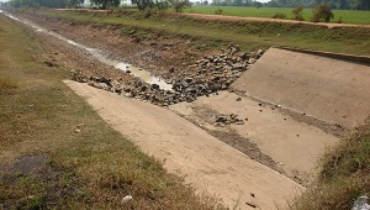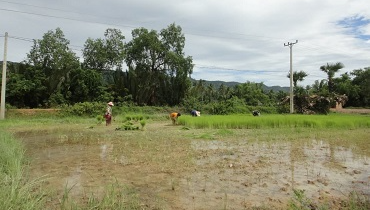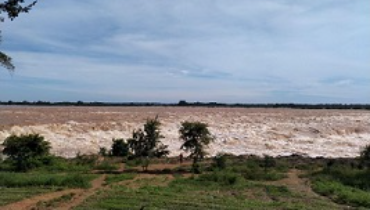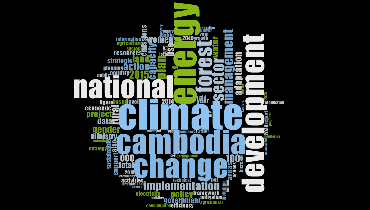Survey on LPG Consumption Situation in Cambodia

In Cambodia, the source of fuel for households from liquefied petroleum gas (LGP) accounts for 56 per cent of urban settlements and 11 percent of rural residents, and it ranks second after firewood and charcoal. The source of electricity used by households countrywide is quite small at only about 3 per cent. The demand for LPG consumption is predicted to increase due to the growth of urbanisation - at 4 per cent per annum - and the booming construction sector with the growth of transport, and industrial and commercial activities. The LPG consumption situation in Cambodia is needed by the government and other relevant stakeholders. However, the LPG demand by different sectors in Cambodia is not explicitly discovered. It was essential, therefore, to conduct an LPG consumption survey by distinct sector.
Cambodia Development Resource Institute (CDRI), working partnership with the Economic Research Institute for ASEAN and East Asia (ERIA) is conducting a survey on LPG consumption situation in Cambodia.
Project Objective
The survey aims to estimate the LPG consumption by different users including residential, commercial, road transport, and industrial sectors. The survey will support the master plan as an appropriate map of Cambodia’s LPG supply chain and system for 2040. The survey is to collect the necessary LPG consumption data at the capital and selected provinces. CDRI will conduct the survey based on the questionnaires prepared for the industry, road transport, residential, and commercial sectors.
- Examine the consumption of LPG gas in residential, commercial, industry and transportation sectors.
- Analyse the main usage for each type of fuel source in the four sectors.
Project Members
Other Projects

Managing Water Scarcity in the Mekong Region – Cam...
The Cambodia water scarcity profile is a stock-taking exercise designed to understand what water scarcity challenges exist in the country an...

State of Gender Equality and Climate Change in Cam...
Under technical and financial support of UNEP and UNWOMEN, the assessment report is “a tool” to raise awareness about the benefits, advant...

Challenges and Potentials of the Community Based E...
Community based ecotourism has been considered as an effective natural resource governance policy for both forest conservation and livelih...

The State of Climate Change in ASEAN Region: Cambo...
Working to support Institute for Global Environmental Strategies (IGES), CNRE contributes to developing a comprehensive report on the stat...




